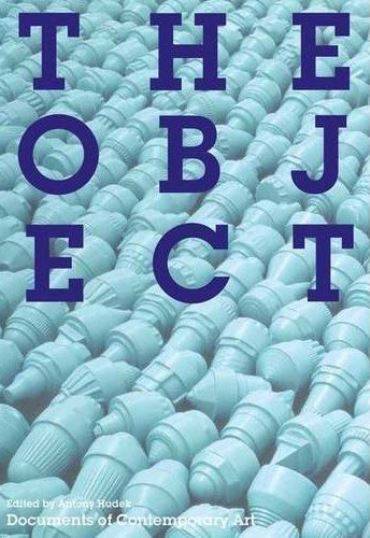Artists increasingly refer to 'post-object-based' work, while theorists have returned to the study of material artefacts in culture. In higher education and museums a focus on 'object-based' learning integrates objects as vectors for dialogue across disciplines. Underlying these trends are the 'dematerialization' of conceptual art in the 1960s and the 'immaterialization' of our everyday world identified by Jean-Francois Lyotard and others in the 1980s. Today, nanotechnology and virtual imaging enable the object to be abstracted or circumvented, while immaterial forms of labour challenge materialist theories. This anthology surveys the current reappraisal of what constitutes the 'objectness' of production, with art as its focus.It examines the relationship of objects to subjectivity; the transition of objects from inert masses to tools and artefacts; the experience of the everyday, from the readymades of Marcel Duchamp to the 'things' of contemporary artists; the significance of the multiple and the replica; the desire to collect and display; obsolescence, loss and the exhaustion of use value; artistic positions that are 'anti-object'; concepts of the experimental, the liminal and the mental object; the abjection of the formless, decomposed or degraded; and the role of objects in performance. The object becomes a prism through which to re-read contemporary art and better understand its recent past.
- / Article author
- / Article author
- / Article author
- / Article author
